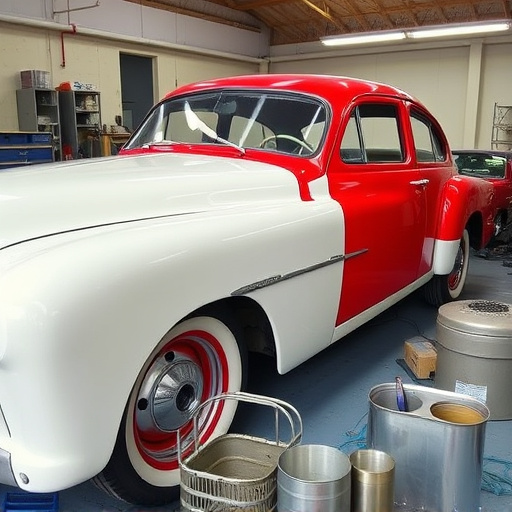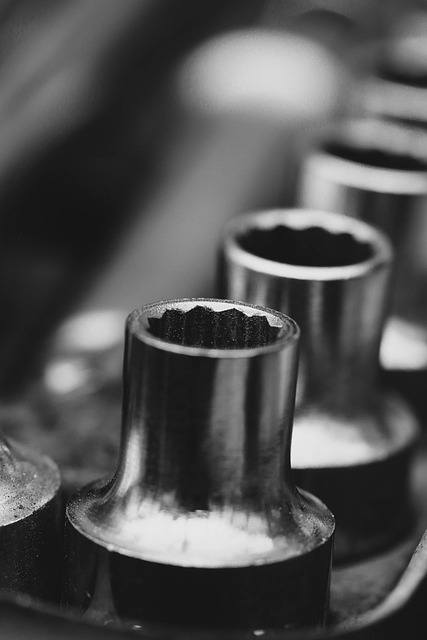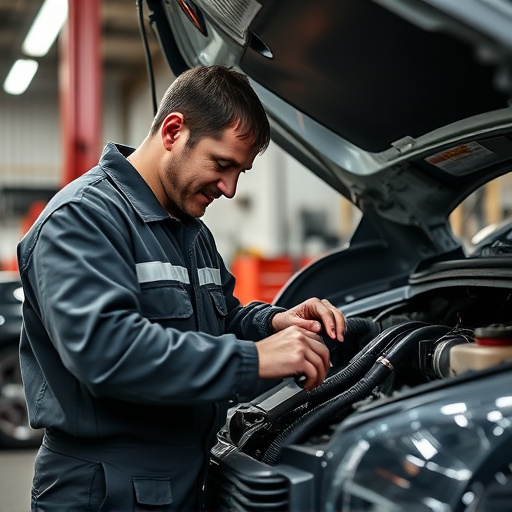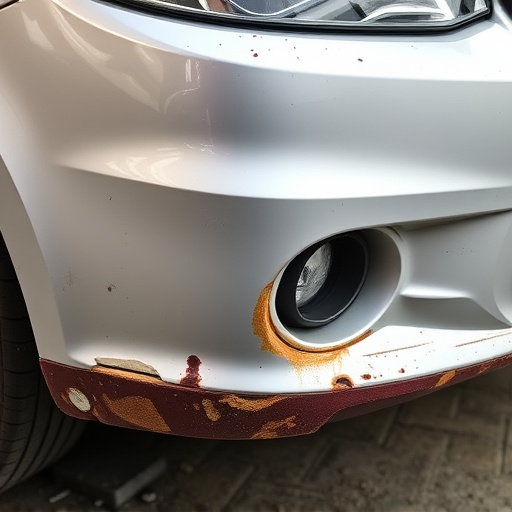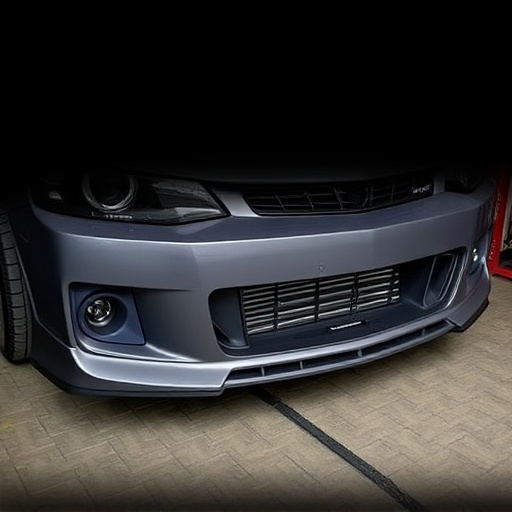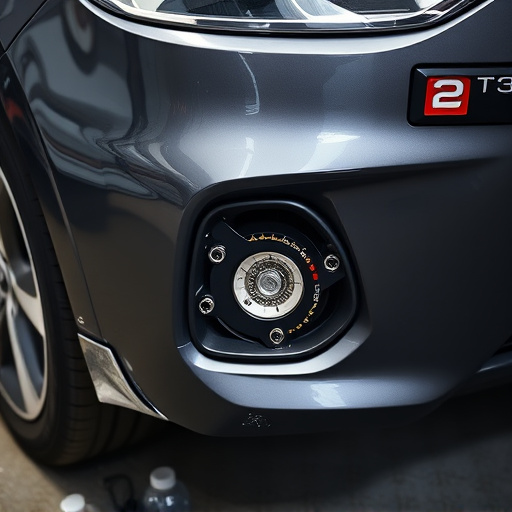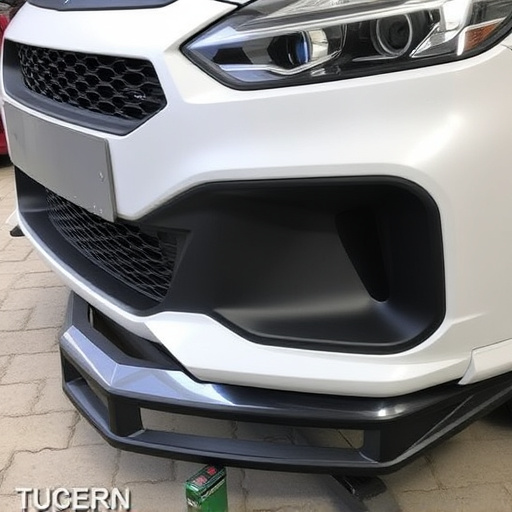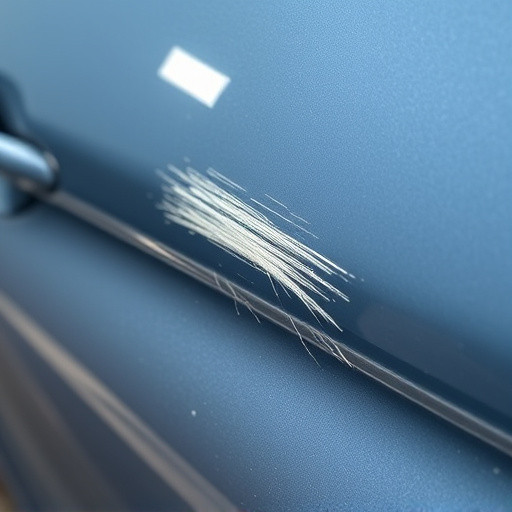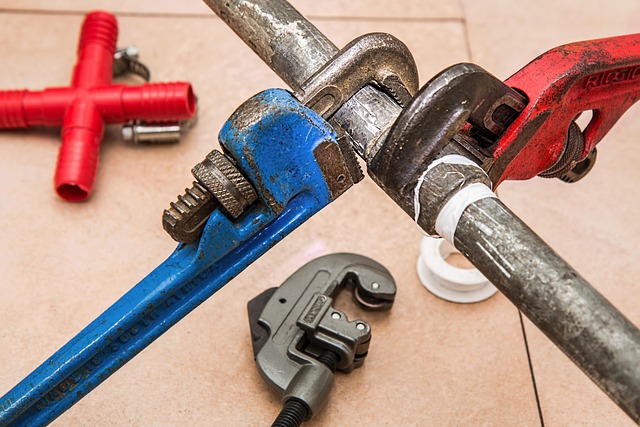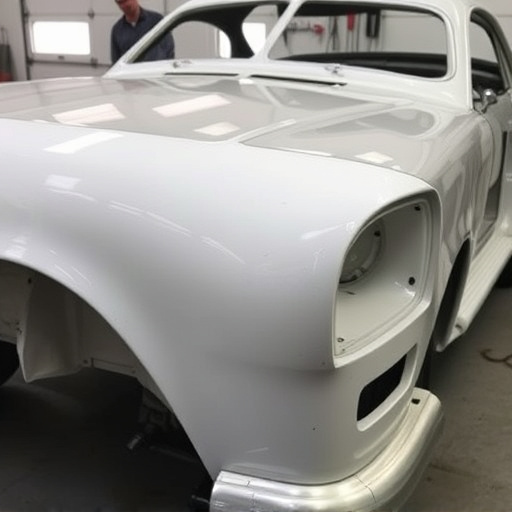Choosing between dealership and independent manufacturer-approved repairs balances convenience and cost. Dealerships offer one-stop service, specialized centers, and strict standards at potentially higher costs. Independent shops provide flexible pricing, skilled expertise, and personalized attention, ideal for less complex or unique vehicle needs. The best option depends on individual needs, budget, and warranty requirements, with both having advantages in specific scenarios. For precise, specialized repairs, authorized manufacturer-approved centers offer training, genuine parts, warranties, and peace of mind, preserving car value and specifications.
When facing vehicle repairs, choosing between dealership and independent manufacturer-approved options is crucial. This article guides you through understanding these two approaches, their unique advantages and disadvantages, and key factors to consider for informed decisions. From cost-effectiveness and warranty coverage to specialized expertise and convenience, navigating these choices can ensure top-notch repairs tailored to your needs.
- Understanding Dealership vs. Independent Repairs
- Advantages and Disadvantages of Each Approach
- Factors to Consider for Manufacturer-Approved Repair Choices
Understanding Dealership vs. Independent Repairs
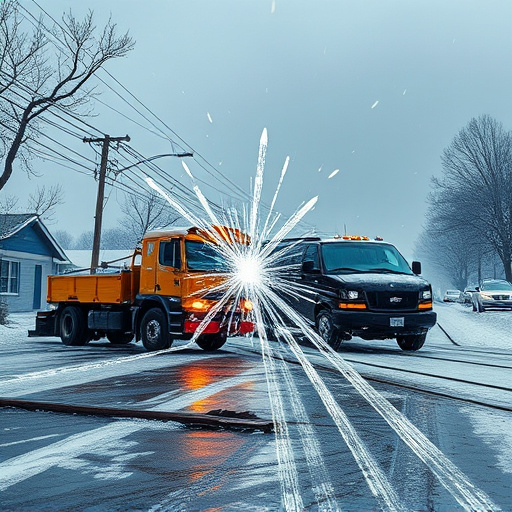
When it comes to maintaining your vehicle, choosing between dealership and independent manufacturer-approved repairs is a significant decision. Dealerships offer convenience as they are often equipped with specialized collision centers, providing one-stop services for various automotive needs. These facilities adhere to the manufacturer’s guidelines, ensuring that any parts or paint used in vehicle restoration meet strict standards.
On the other hand, independent repair shops provide an alternative option known for their flexibility and cost-effectiveness. While they may not have the same level of dealership support, these experts in vehicle paint repair and other specialized services are highly skilled. They offer personalized attention, ensuring that your car receives tailored care, making them a popular choice for those seeking a more customized experience for their vehicle’s restoration needs.
Advantages and Disadvantages of Each Approach

Advantages and Disadvantages of Manufacturer-Approved Repairs vs. Independent Repairs
Choosing between a dealership or an independent shop for manufacturer-approved repairs can significantly impact your vehicle’s longevity and your pocketbook. One major advantage of dealing with a dealership is access to genuine parts, which are specifically designed for your make and model, ensuring precise fitting and top-tier performance. Dealerships also offer the convenience of one-stop shopping, as they can handle all aspects of the repair process from diagnostic testing to warranty work. However, these services often come at a premium, with potential hidden costs associated with parts and labor that could make independent shops more appealing for less complex repairs like car scratch repair or minor vehicle collision repair.
On the other hand, independent manufacturer-approved repair shops offer price flexibility and a personalized experience. They can often provide competitive quotes for auto painting and other services without sacrificing quality. Additionally, these shops may have more specialized knowledge in handling unique or vintage vehicles not commonly found at dealerships. Yet, it’s crucial to ensure they use genuine or certified parts to maintain the integrity of your vehicle’s warranty. Ultimately, the best approach depends on individual needs, budget considerations, and the specific requirements of your vehicle’s repair or maintenance.
Factors to Consider for Manufacturer-Approved Repair Choices

When considering manufacturer-approved repairs, several factors come into play to ensure the best decision for your vehicle. One of the primary considerations is the expertise and reputation of the repair center. Opting for a center specifically authorized by the manufacturer guarantees that they possess the specialized training and access to authentic parts designed for your make and model. This level of precision is crucial, especially when dealing with intricate aspects like vehicle bodywork or specialized car paint repair.
Additionally, the availability of warranties and post-repair support is essential. Manufacturer-approved facilities often offer extended warranties that cover labor and materials, providing peace of mind. These repairs also ensure your vehicle maintains its original specifications, which can be vital for future resales or when dealing with insurance claims. This approach, in contrast to independent repairs, offers a more streamlined process, especially regarding car scratch repair, as it guarantees the preservation of your car’s aesthetic and overall value.
When deciding between dealership and independent manufacturer-approved repairs, understanding the unique advantages and disadvantages of each approach is key. Dealerships offer convenience and warranty support, while independent shops often provide more flexibility, competitive pricing, and personalized service. Ultimately, the best choice depends on individual needs, budget, and desired level of service. By carefully considering factors like expertise, cost transparency, and post-repair support, vehicle owners can make an informed decision for reliable and manufacturer-approved repair work.
